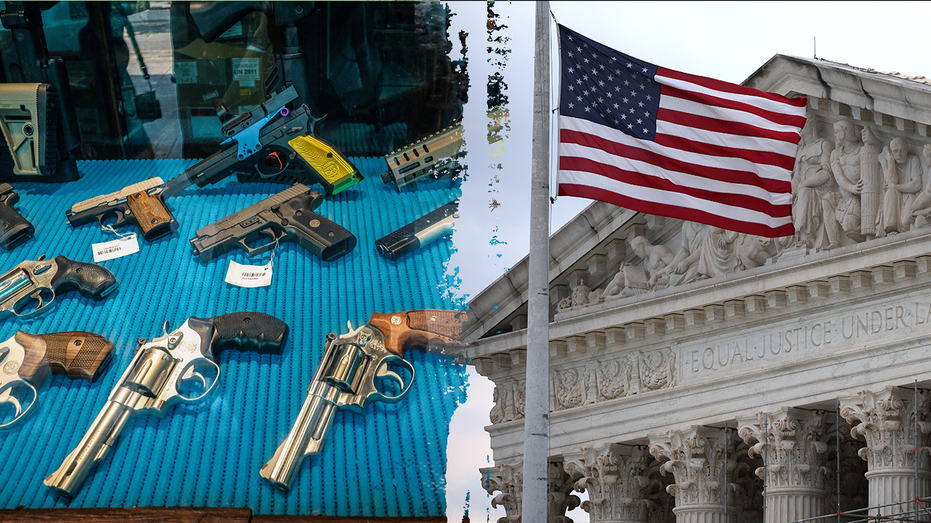Supreme Court Ruling Supports US Gunmakers in Key Case Linked to Mexican Cartel Violence
Supreme Court sides with U.S. gun manufacturers in Mexico's lawsuit over illegal cartel weapons.

The Supreme Court delivered a unanimous decision on Thursday, siding with seven major U.S. gun manufacturers in a closely watched lawsuit brought by the Mexican government. The case, stemming from allegations that the companies knowingly facilitated illegal gun sales that ultimately armed Mexican drug cartels, was dismissed under longstanding federal protections for firearm makers.
At the heart of the ruling was the Protection of Lawful Commerce in Arms Act (PLCAA), a 2005 statute designed to shield gun manufacturers and dealers from most lawsuits related to the criminal misuse of their products. The justices found that the law’s exceptions were not met in this instance, emphasizing that the claims brought forth by Mexico were built on criminal acts committed by third parties, rather than direct actions or negligence by the companies themselves.
Writing for the Court, Justice Elena Kagan stated, “The kinds of allegations Mexico makes cannot satisfy the demands of the statute’s predicate exception.” She explained that only if the companies’ conduct directly and foreseeably caused harm—meeting the “proximate cause” standard—could such a claim proceed. However, the chain of events described by Mexico, which involves several intermediaries before guns reach criminals in Mexico, was deemed too distant to establish liability. “Mexico’s complaint, for the reasons given, does not plausibly allege such aiding and abetting,” Kagan concluded.
The Mexican government, which has some of the world’s strictest firearms regulations, sought over $10 billion in damages, arguing that U.S. manufacturers turn a blind eye to the trafficking of military-style weapons across the border. Both countries have faced mounting pressure to address cross-border violence and the drug trade, intensifying the political and diplomatic stakes of the case.
Gunmakers steadfastly denied any wrongdoing, asserting that they conduct business in accordance with all laws and have no control over how legally purchased firearms are resold or smuggled into Mexico. Industry advocates celebrated the ruling as a victory for Second Amendment rights and the lawful operation of the firearms sector, emphasizing that manufacturers should not be blamed for the actions of criminals acting independently.
This is the first time the Supreme Court has directly addressed the limits of the PLCAA. While families of gun violence victims—including those from the Sandy Hook tragedy—have previously pursued civil cases against manufacturers, this case sets a significant precedent regarding foreign governments’ ability to seek damages in U.S. courts for crimes committed abroad. The Sandy Hook families ultimately reached a settlement without a trial, but legal experts note that today’s decision will likely make similar lawsuits more difficult going forward.
Gun control proponents expressed concern that the decision will further restrict avenues for holding firearm manufacturers accountable, even when there is suspicion that companies are negligent or complicit in unlawful distribution. Nevertheless, the ruling reinforces the robust protections enjoyed by the gun industry in the U.S., especially when harm is caused by a long chain of intermediaries outside the manufacturers’ immediate control.
Justice Kagan summed up the court’s stance, stating that Mexico’s case did not “plausibly allege the kind of ‘conscious... and culpable participation in another’s wrongdoing’ needed to make out an aiding-and-abetting charge” against the gun companies. The decision sends a clear message about the boundaries set by federal law on legal actions targeting the firearms industry.




